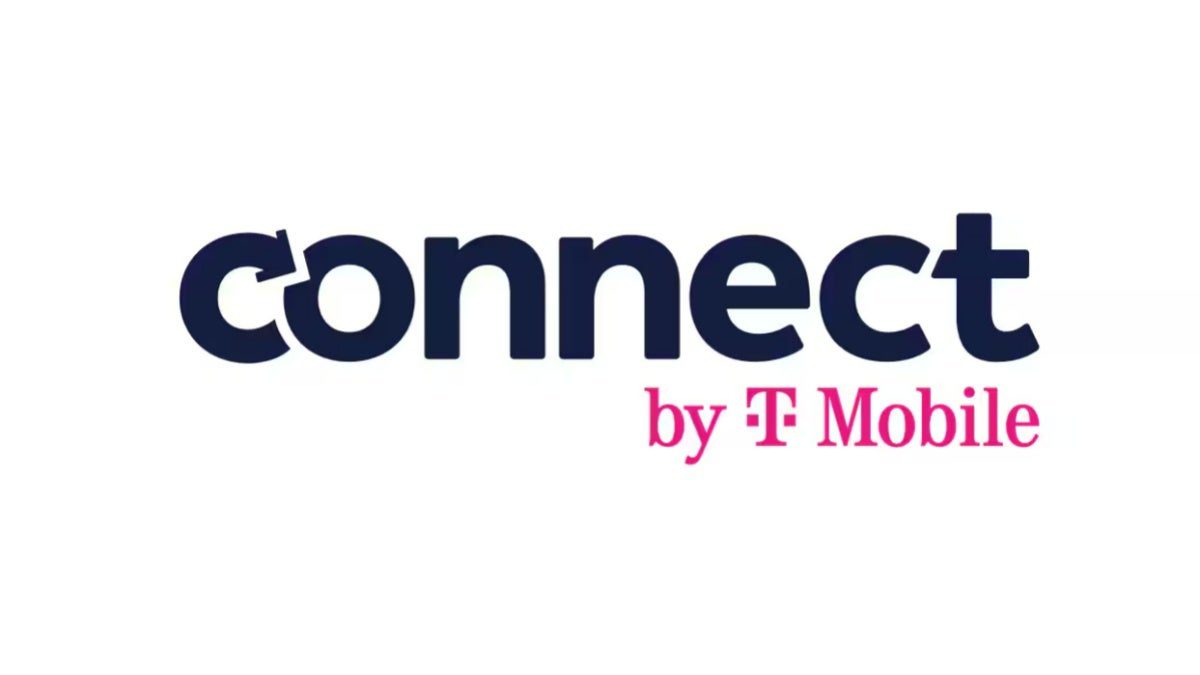Four Ontario school boards—Toronto District School Board (TDSB), Peel District School Board (PDSB), Toronto Catholic District School Board (TCDSB), and Ottawa-Carleton District School Board (OCDSB)—have recently taken a stand against tech giants like Meta (owners of Facebook and Instagram), SnapChat, and TikTok. These school boards are accusing these social media platforms of negatively impacting student learning and the education system.
According to the Schools for Social Media Change Alliance, representing the school boards, these apps were designed for “compulsive use” and have significantly altered the way children think, behave, and learn, ultimately leaving educators and schools to deal with the consequences.
The allegations suggest that social media use has placed considerable strain on the resources of these four school boards. This strain includes increased needs for in-school mental health programs and personnel, higher IT costs, and more administrative resources. As a result, these school boards are seeking $4.5 billion CAD in damages through a lawsuit represented by Toronto litigation firm Neinstein LLP.
Colleen Russell-Rawlins, Director of Education at the Toronto District School Board, emphasized the undeniable influence of social media on today’s youth. She highlighted issues such as distraction, social withdrawal, cyberbullying, aggression escalation, and mental health challenges as some of the pervasive problems caused by social media platforms.
Rashmi Swarup, Director of Education at Peel District School Board, stressed the need for urgent action to protect students from further harm. She expressed concern about the disruptions caused by social media giants to their educational mandate.
In response to these allegations, Snapchat defended its app’s design to focus on helping users communicate with close friends rather than promoting traditional forms of social media engagement such as likes or comments.
It is evident that these social media platforms are designed to be highly addictive. Educators and parents must educate students about setting limits on their usage rather than resorting to an outright ban. It is essential to find a balance between utilizing technology for educational purposes while also ensuring students’ well-being is prioritized.













